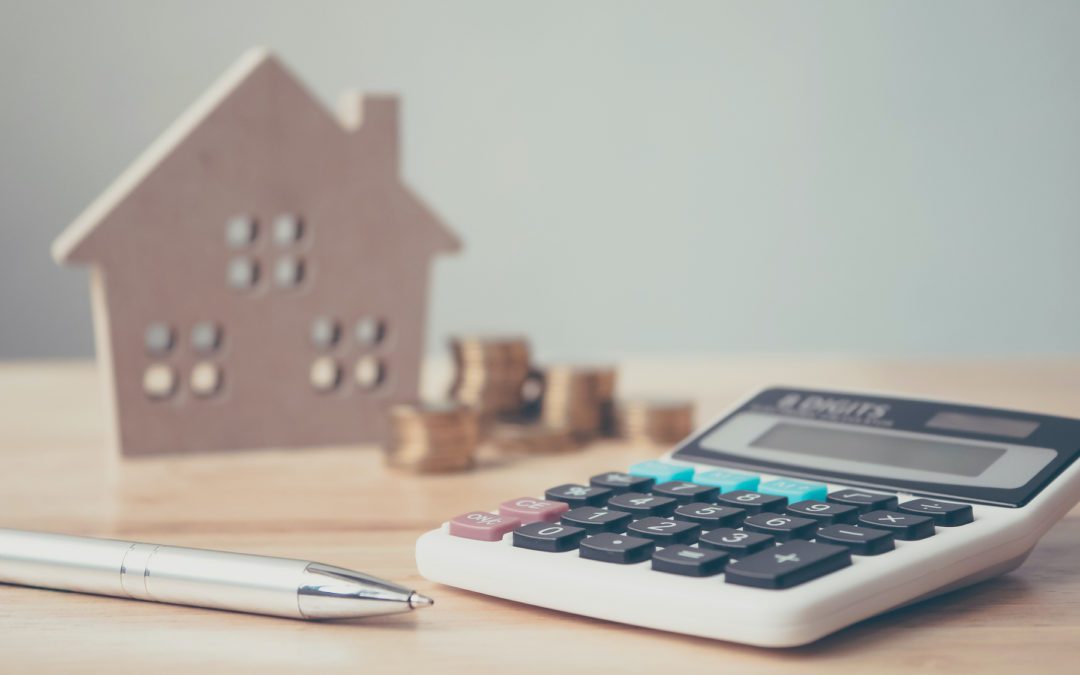Flipping the Rent-vs.-Own Dynamic in U.S. Markets MABA MassachusettsRealEstate FirstTimeHomeBuyers MaBuyerAgent
As housing prices continue to rise, the age-old question of whether it makes more financial sense to rent or buy has become more complex. However, recent analysis by First American Financial Corporation suggests that in twenty seven of the top fifty U.S. real estate markets, the financial scales have tipped in favor of homeownership, largely due to the wealth-building benefits of equity accumulation.
“Despite the rise in house prices, this analysis shows that the wealth-building effect of home equity should not be overlooked in the rent-versus-own decision,” said Odeta Kushi, Deputy Chief Economist at First American. “As we navigate an uncertain housing market, one thing remains clear: the long-term financial benefits of owning a home can make it a worthwhile investment.”
The cost of homeownership
While renting costs are straightforward simply the monthly rent payment owning a home involves more complex calculations. Monthly ownership costs include mortgage payments, taxes, insurance, and potential repairs. First American’s analysis assumes a first-time homebuyer takes out a thirty year fixed-rate mortgage with a five percent down payment on a home at the twenty fifth percentile sale price in their market during the second quarter of 2024.
In the initial analysis, renting appeared to be the more economical choice in forty eight of the top fifty markets. However, when factoring in the potential benefits of equity accumulation through house price appreciation, owning became the financially superior option in twenty nine of those markets, including expensive rental areas like San Jose, and San Diego.
The San Jose example
San Jose, one of the most expensive real estate markets in the U.S., illustrates the shift in the rent-versus-own dynamic. A potential first-time homebuyer in San Jose, purchasing a home at the twenty fifth percentile price of one point one million dollars with a seven percent mortgage rate, would face approximately nine thousand five hundred dollars in monthly homeownership costs. However, with an eight percent annual increase in house prices in the second quarter of 2024, the equity gained could reduce the effective cost of ownership to around two thousand one hundred and fifty dollars monthly significantly lower than the median monthly rent of two thousand seven hundred dollars.
Contrasting with Austin, Texas
In Austin, Texas, where house prices declined by one point two percent year-over-year in the second quarter of 2024, the dynamic was different. A first-time homebuyer would face a total monthly ownership cost of approximately three thousand two hundred and seventy dollars, which, after accounting for the depreciation, would effectively increase to three thousand and six hundred dollars more than double the median rent of one thousand five hundred and thirty dollars. In this case, renting remained the more financially prudent option.
Looking ahead
For Generation Z, who are beginning to enter their prime home-buying years, the prospect of rising home prices may seem daunting. However, as Kushi emphasizes, the long-term financial benefits of owning a home, particularly the wealth-building effect of home equity, should not be overlooked.
“Perhaps this is why Mark Twain famously advised, ‘Buy land, they’re not making it anymore,’” Kushi added. “The uncertainty in today’s housing market only underscores the importance of considering homeownership as a long-term investment strategy.”
As the housing market continues to evolve, prospective buyers should carefully consider both the immediate and long-term financial impacts of their decisions, weighing the cost of renting against the potential benefits of homeownership.
Click here for the report in its entirety.
The post Flipping the Rent-vs.-Own Dynamic in U.S. Markets first appeared on The MortgagePoint.

FIRST TIME HOMEBUYERS
Buyer’s Agents Explained
Who Pays the Home Buyer's Agent?
 Both seller's agent fees and buyer agent's fees are part of a typical real estate transaction and are included in the final negotiated purchase price of the property. There should be no additional fees to the buyer for a buyer's agent above and beyond the negotiated purchase price of a home unless specifically agreed in writing between the buyer and agent before an offer is made.
Both seller's agent fees and buyer agent's fees are part of a typical real estate transaction and are included in the final negotiated purchase price of the property. There should be no additional fees to the buyer for a buyer's agent above and beyond the negotiated purchase price of a home unless specifically agreed in writing between the buyer and agent before an offer is made.
In most cases, the seller's agent pays the buyer's agent for bringing the buyer, negotiating the purchase price and terms, writing a legally correct offer, coordinating inspections, responses, and financing plus handling numerous additional details on the buyer's side of the transaction.
Buyers should avoid contacting seller's agents and sellers directly unless they are comfortable negotiating and representing themselves. That is why it is important for buyers to choose their agents BEFORE they begin looking at homes or as soon as possible if they have begun looking.
Did you know that fewer than one percent of the agents and brokers in Massachusetts have committed to being 100% loyal to their buyers 100% of the time?
To learn more about the pros and cons of various types of buyer agents, or to get a list of experienced local 100% loyal buyer's agents to interview without obligation, click the button below.
Find a Great Buyer Agent!
Article From: "Kyle G. Horst" Read full article
Get Started with MABA
For no extra cost, let a MABA buyer agent protect your interests



